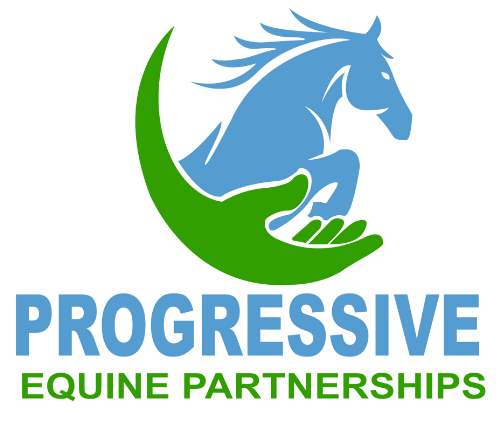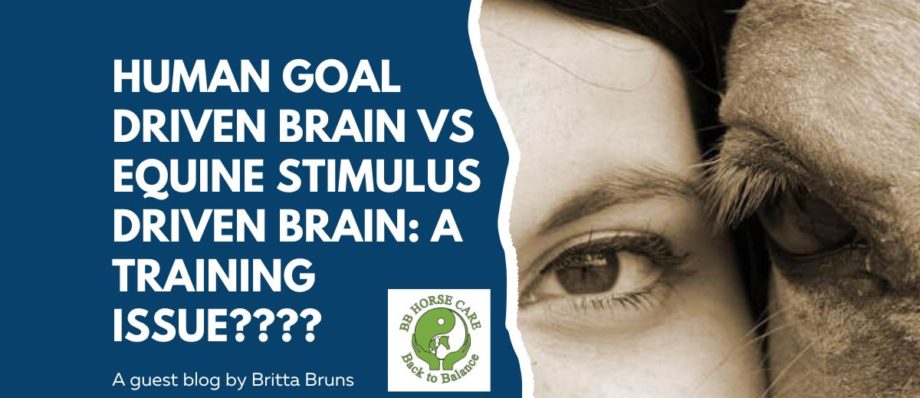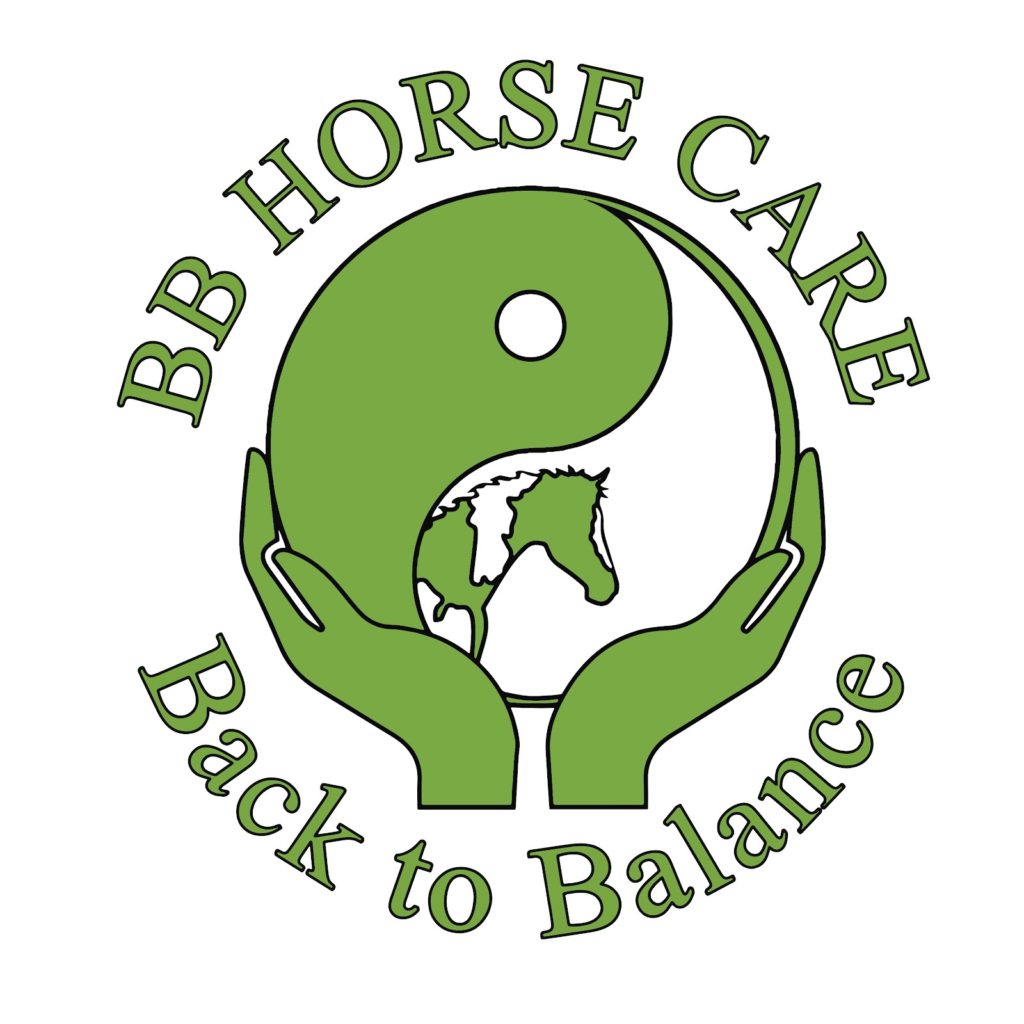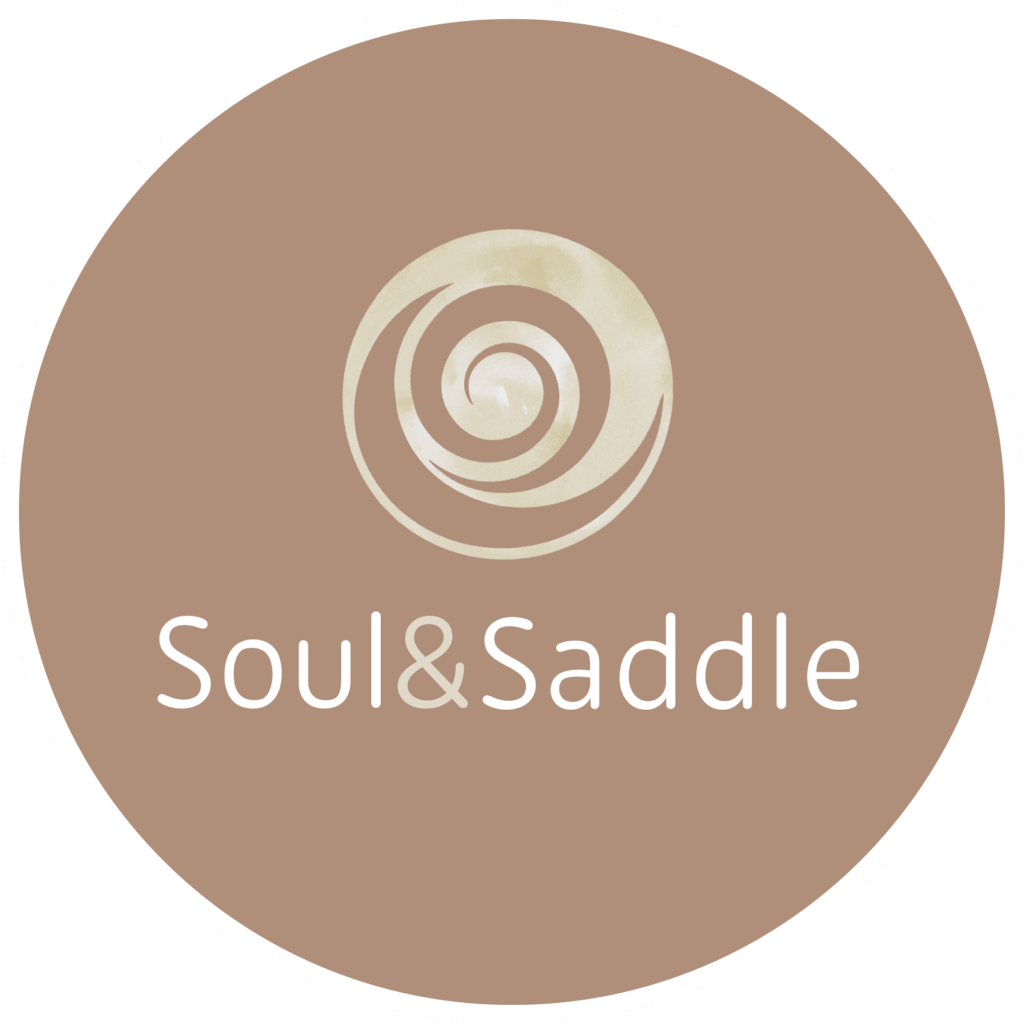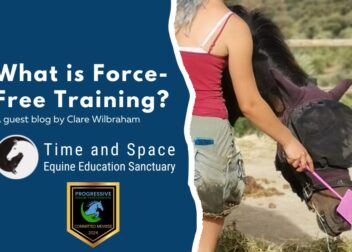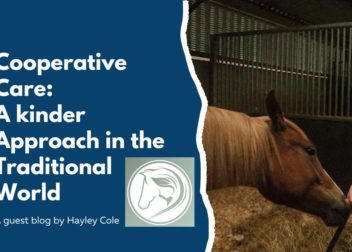HUMAN GOAL DRIVEN BRAIN VS EQUINE STIMULUS DRIVEN BRAIN: A TRAINING ISSUE????
Humans are driven by goals when interacting with their horse:
– Today I work on the right lead canter
– tomorrow we practise more of the back up etc etc.
Even if you are not an ambitious person, you have some sort of goal for the day, what you want done.
Its part of human nature , how our brain works, to set goals, make a plan.
Planning is part of being a human. It happens in our frontal cortex. It identifies and sorts options, prioritises,, forms strategies to achieve what we want, monitors accomplishments and makes changes if circumstances change. We cannot switch it off. It just happens.
Our frontal cortex makes about 40% of our brain, so a huge part as you can see. Vision only takes about 18% of our brain as a comparison. Humans have the most highly developed frontal lobe (frontal cortex) of all mammals.
That’s why sometimes we forget that we are expecting too much all at once from our horses ( in one day).
We are making goals even if we are not realising it.
Humans are goal driven, because it feels good when we achieve our goals. Our brain is releasing heaps of Dopamine ( feel good neurotransmitter), and of course everyone likes the feeling of ” being successful”.
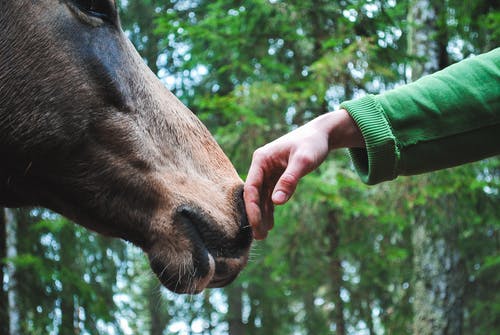
Our beloved horses do not have a goal driven brain, they have stimulus driven brains.
Horses are motivated by the sounds, smells and sights in their immediate environment. Some other aspects are important here in comparison to the human brain:
- horses brains are smaller than human brains
- horses have a tiny frontal lobe ( no planning!!), compared to the human one, which is quite big
- horses brain in mainly about sensation and movement ( prey animal!!!!)
- the senses of a horse ( smell, hear, taste, see) are much higher developed than ours and more sensitive to stimuli ( they hear things long before we do, they can see sharp what’s at the horizon…)
- horses are prey animals who need to run from a predator as quickly as possible, not making plans about it first….
- horses rely on external stimuli ( sensations) to survive
- horses don’t have the brain power to think ” I have done enough for the day”, but we do!!!
So, what is enough “training”? When does it become over -handling????
The best way of building a good connection to your horse is daily contact for an hour or two, rather than just spending time on the weekend together, and filling this time with ” expectations and goals” to make the most of it.
Daily interactions has many benefits:
- building a bond
- getting to know your horse and notice changes
- providing regular welfare checks
- building up skills just one step at a time
- effective and less stressful learning ( one step at a time)
- building up trust
Within the equestrian culture, some trainers still believe that if some handling is good, more handling is even better.
From a brain perspective, it is not better. Learning needs time and relaxation in between, to create new pathways in the brain. This guarantees long term learning without stressing or tiring or even frustrating the horse.
And a very important aspect is: Mentally stimuli is WORK too. Being in a new environment ( e.g. a clinic), tied up at the barn waiting, being groomed and get hooves cleaned, having the farrier working on their feet etc.
All these examples do not involve PHYSICAL work, or following our demands in type of training, but it is still training and learning involved here. A horse is always aware of its environment ( sounds, smells, movements) and it is their nature to respond to it in some ways. We demand from them to stand still, being tied up, getting into a trailer etc., which is a huge mental work for them, as they need to “ignore” their instincts.
We need to remember, their brains are built to run away.

How do we match human goals with equine needs without “over doing” it????
A healthy horse spends about 70% of its daily time with eating/grazing and having a drink. Horses sleep on and off through the day and night, having naps in between their chewing time. Horses walk along in their paddock to support their digestion with easy moving. While horses do all that, they always keep an eyes or ear on the environment to be able to notice anything ” important”. Too much stimuli can be overwhelming for the horse and can cause stress.
For their mental health routines are useful. Feeding times in the same timeslot every day, performance horses need regular exercises to keep muscles, joints and ligaments in good condition and be less prone to injury.
Social contact is essential for a horse, with no human involved. Horses speak a different ( body) language than we do. So, time for just social contact with another horse is very important. having a paddock made in the same paddock is needed for grooming, looking after each other, playtime etc.
So what would be the “right” amount of time spending with your horse???
- 2 hours per day is a good amount of time to spend with your horse
- reduce the frequency of stressful tasks
- spread stressful task over several days
- provide long rest breaks during a mandatory task
- be considered of your horses generosity and patience
- if you work on an task, finish the task when your horse has done it right ONCE ( e.g. backing up one step on your signal)
- always focus on your horse and read the communication he is providing with facial expression and body language, notice and respect the signs when he has enough
- if you do trail rides for hours or even days, split riding time up
Remember, less is more. To keep your horse healthy and motivated for learning, acknowledge little steps of progress and let your horse think about it. Give him time and space to process the new task he has learned by leaving him alone, give him space to rest and re-think. That’s how horses learn best and are able to improve each time a little more.
For continuous learning and improvement in performance and communication between rider and horse.
-Source of information from the book ” Horse brain, Human brain” from Janet Jones, videos about the horses brain from Dr. Steven Peters –
Stay curious, for the love of horses!!!!!
Warm regards,
Britta
A lifetime of caring for horses and humans – Britta’s labour of love
Britta Bruns, the creator of “BB Horse Care” and “Soul & Saddle”, has had a lifelong love and passion for all things equine.
With more than 40 years of experience in equine care, BB Horse Care -back to balance bodywork- combines a lifelong passion for horses with gentle but incredibly effective equine bodywork.
BB Horse Care bodywork provides non- invasive rehabilitation after trauma, injurie prevention, improvement of performance and general maintenance to keep your horse sound and happy long-term.
Passion, knowledge, experience, and education are at the core of what makes BB Horse Care the perfect choice for treating your horse including getting help and advice on unwanted or unusual behaviour your horse may show.
Rider and horse influence each other physically but also mentally, that why Britta’s approach with her bodywork for horses and her Yoga & mindset coaching for riders with “Soul & saddle” is combining both.
She has been riding since a very early age, worked on a western horse farm in Germany for 15 years caring for more than 25 horses. Britta has the understanding about horses and riders that is needed to bring everything together with the services of “soul & saddle”. The connection of mind, body and horse reflects all that is needed for a performance in harmony with a deep connection and understanding about yourself AND your horse. If this foundation is strong, you can achieve everything you want with your horse.
Her goal is now to help others to live their full potential in life and riding. gain confidence in the saddle and be able to build a deeper connection to their horses. Yoga and mindset coaching are the perfect combination for a successful holistic approach to help riders achieve their goals mentally and physically.
With a positive and empathetic personality Britta develops effective and tailored programmes for the individual. She does not teach “one size fits all”, but focuses on supporting the individual in the most effective and suitable way. With her background as an Occupational Therapist and physical Rehab coach, Britta is able to modify everything for the individual needs and goals, to make it work for people with special health issues, after an accident, mobility problems or just “stiffness” after a long break. Britta beliefs: “If you can breath, you can do Yoga”.
Britta has experienced the benefits of Yoga and mindset coaching getting back into the saddle, after an accident with her horse several years ago. She then became a cert. Yoga teacher with the focus on Equestrian Yoga with the ambition to help other riders be more balanced and coordinated in the saddle. But bringing the body back into a balanced and strong condition was just one part. The mind needed to heal as well after this traumatic experience.
The Mindset coaching is another passion of Britta’s Coaching journey. She has experienced herself how important a focused and calm mind is when riding and handling horses. Britta has experienced herself how the confidence is increasing or how easy it is to reach your goals when letting go negative beliefs & emotions from the past.
For more info, please visit www.bbhorsecare.co.nz or www.soulandsaddle.com.

